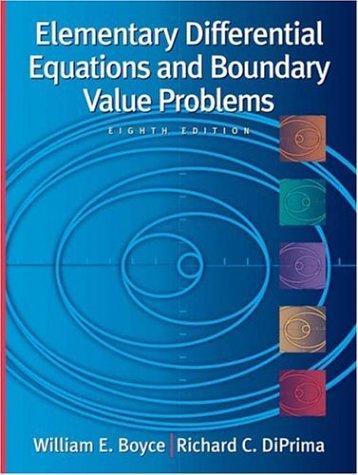Question
You are a clinical psychologist interested in whether children of parents who receive psychological support (e.g., therapy) show fewer behavior problems than children of parents
You are a clinical psychologist interested in whether children of parents who receive psychological support (e.g., therapy) show fewer behavior problems than children of parents who do not receive psychological support. To test your hypothesis, you randomly sample parents who receive psychological support and ask them to fill out the Child Behavior Checklist (CBCL) which is a caregiver report that provides a score summarizing the number of problem behaviors that a child engages in. You obtain a sample of 50 parents who have an average score (XX) of 47.56 on the CBCL with a standard deviation (s) of 10.24. The CBCL is normed such that the population mean () is 50; however, you do not know the population standard deviation (). Conduct a one-sample t-test by hand to compare scores on the CBCL of your sample with the population mean score on the CBCL. (Ch. 7)
a) What is the research hypothesis for your study
b) Assuming a two-tailed test, state your null and alternative hypotheses.
c) Assuming an = .05, identify your critical values and state your decision rule. Use 3 decimal places to state your criticalt-value.
Decision Rule.
d)Calculate the standard error of the mean and the t-statistic for comparing the average CBCL scores among your sample with the population average CBCL scores.
e) Draw a conclusion from your statistical analysis. To receive full credit, you must describe the sample, population, decision about the null hypothesis, the value of your statistic and probability (i.e., either '<.05' or '>.05')
f) Relate the result of your statistical hypothesis test to your research hypothesis. In other words, what does the statistical analysis indicate about your research hypothesis?
Step by Step Solution
There are 3 Steps involved in it
Step: 1

Get Instant Access to Expert-Tailored Solutions
See step-by-step solutions with expert insights and AI powered tools for academic success
Step: 2

Step: 3

Ace Your Homework with AI
Get the answers you need in no time with our AI-driven, step-by-step assistance
Get Started


